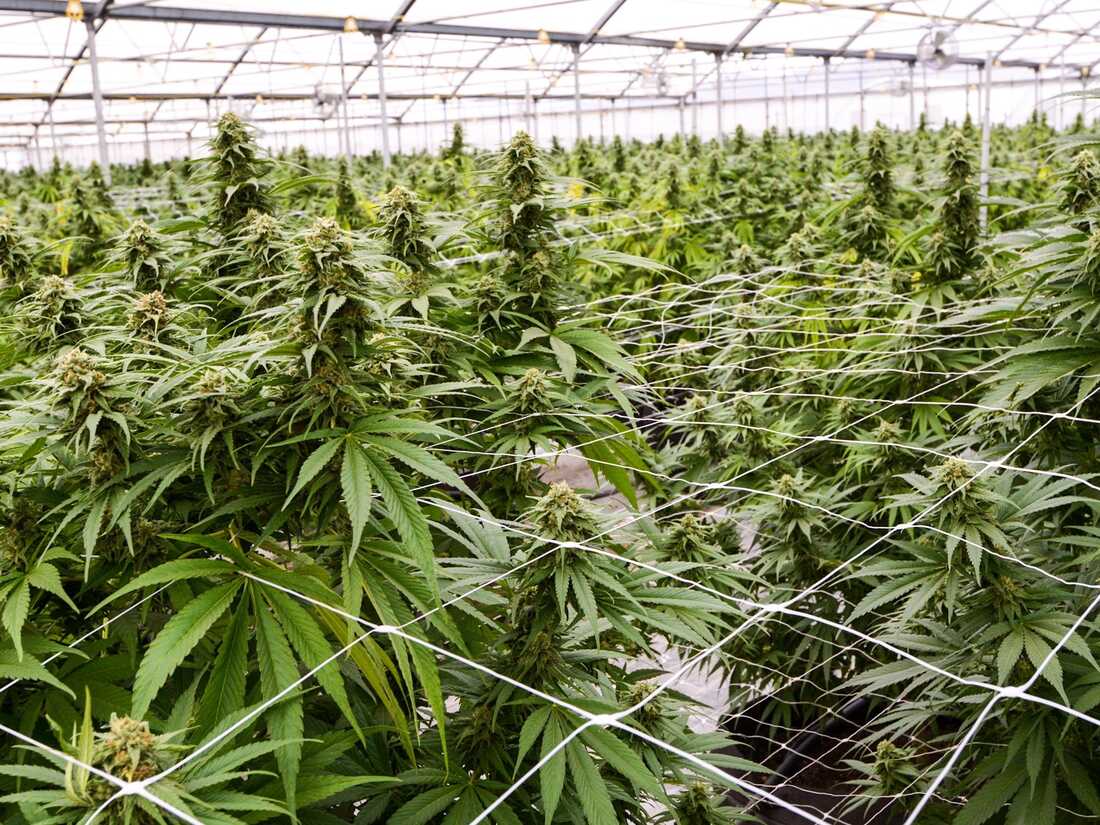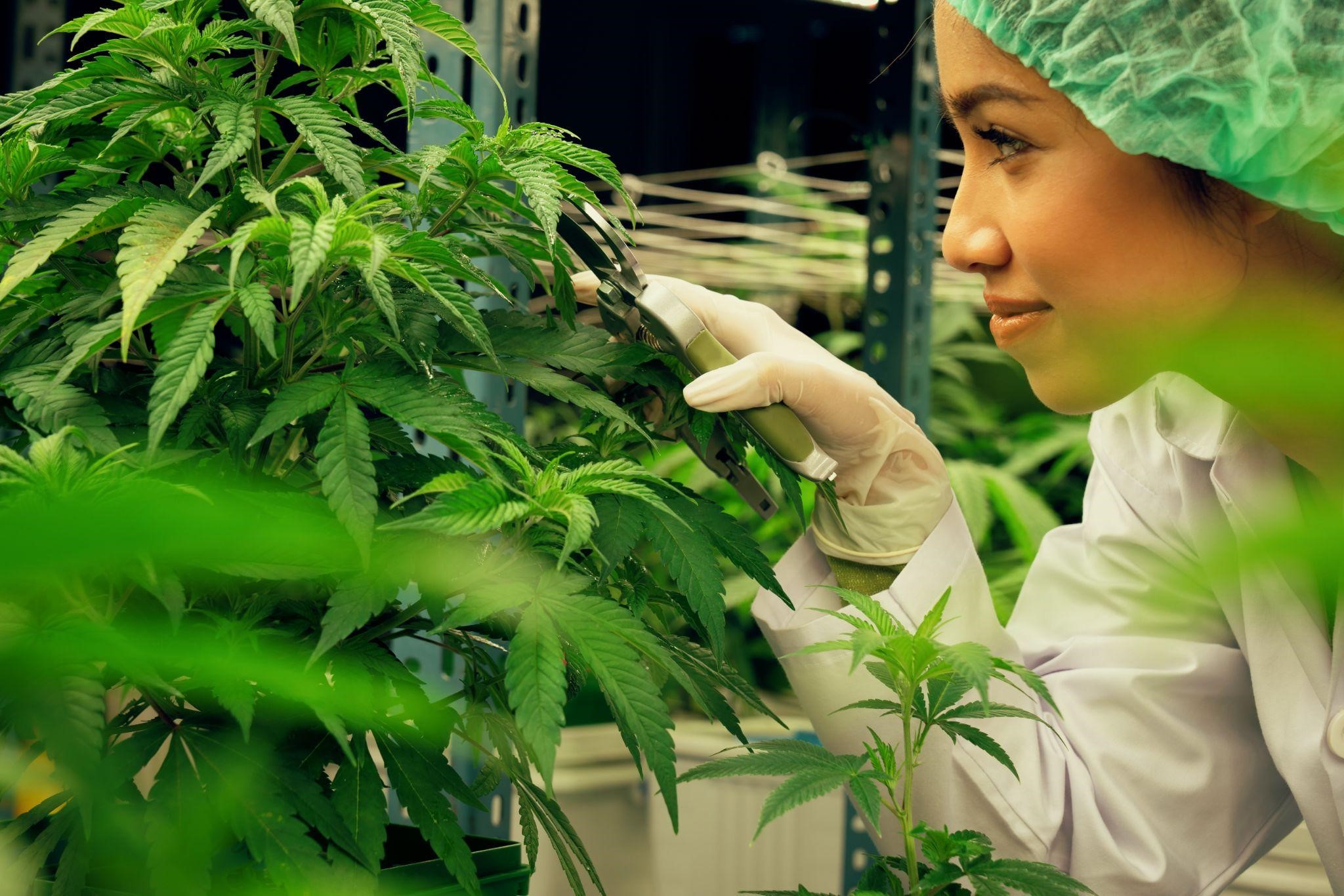Discovering the Diverse Uses of Medical Marijuana in Modern Medication
In the realm of modern-day medication, the expedition of medical marijuana has introduced a range of potential applications that expand far past its typical use. From discomfort administration to neurological disorders, the convenience of cannabis in addressing various health problems has stimulated the interest of medical care professionals and scientists alike. As we navigate via the elaborate landscape of clinical cannabis in modern healthcare, it ends up being evident that its varied usages hold pledge for innovative restorative treatments.
Pain Monitoring
Pain monitoring making use of clinical cannabis has garnered boosting focus in the area of healthcare as a result of its possible efficiency in giving alleviation for numerous sorts of chronic and intense pain conditions. The cannabinoids present in clinical marijuana, particularly tetrahydrocannabinol (THC) and cannabidiol (CBD), are known for their analgesic properties. These substances connect with the endocannabinoid system in the body, which plays an essential function in controling pain sensation.

As more research study is conducted and regulations evolve, clinical marijuana could potentially play a more substantial duty in the multimodal technique to pain management in medical care.
Epilepsy Therapy
Exploring the efficiency of medical marijuana in taking care of epilepsy has revealed promising outcomes in improving seizure control and high quality of life for clients with treatment-resistant kinds of the condition. In recent years, study into the usage of clinical cannabis, particularly substances like cannabidiol (CBD), has actually gained interest for its potential healing benefits in epilepsy administration.
The existing data suggests that medical cannabis could be an important addition to the treatment choices available for clients with refractory epilepsy (Medical Cannabis Clinic). As more research study unravels, the duty of clinical marijuana in epilepsy treatment continues to be a location of active exploration in the medical area.

Anxiety Relief
Research study studies have shown the capacity of medical marijuana in supplying alleviation for people suffering from anxiety disorders. This has actually led researchers to explore different options, including clinical cannabis.
Marijuana includes compounds recognized as cannabinoids, which communicate with the body's endocannabinoid system. This system plays an important role in controling various physical processes, consisting of mood and stress feedbacks. By targeting the endocannabinoid system, medical marijuana may assist minimize signs and symptoms of anxiousness.
Researches have revealed that specific cannabinoids, such as cannabidiol (CBD), have anxiolytic buildings, implying they can decrease anxiousness levels. CBD is non-psychoactive, unlike tetrahydrocannabinol (THC), one more cannabinoid found in cannabis. This makes CBD an encouraging Related Site option for people looking for stress and anxiety relief without experiencing the psychedelic impacts generally associated with marijuana usage.
Cancer Sign Control
Offered the promising impacts of clinical cannabis on stress and anxiety alleviation, its potential application in helping handle signs and symptoms associated with cancer is a location of raising interest among scientists and medical care professionals. Cancer cells people frequently experience different stressful signs and symptoms such as pain, nausea, loss of hunger, and sleep problems as a result of the illness itself or the negative effects of therapy. Clinical cannabis, with its compounds like THC and CBD, has shown guarantee in easing these signs and symptoms.
Discomfort monitoring is just one of the most widely acknowledged benefits of medical marijuana in cancer cells treatment. Researches have actually shown that cannabis can help in reducing pain levels, improving the quality of life for clients undergoing cancer treatment. In addition, marijuana has antiemetic residential or commercial properties that can help in minimizing queasiness and vomiting, common side effects of radiation treatment. In addition, its capacity to promote hunger could be advantageous for clients experiencing weight management because of cancer or its treatments.
Neurological Problems Support
In epilepsy, as an example, CBD has actually been examined for its possible to minimize the frequency and intensity of seizures in patients who do not react well to standard anti-seizure medications. THC has revealed assurance in easing muscle spasticity and discomfort in individuals with multiple sclerosis. People with Parkinson's disease have actually reported improvements in motor signs and symptoms such as tremors and rigidness after making use of clinical cannabis.
While even more study is needed to completely recognize the mechanisms and long-lasting results of medical cannabis on neurological problems, current evidence recommends that it might be a beneficial enhancement to standard therapy options for clients looking for signs and symptom alleviation. (Medical Cannabis Clinic)
Conclusion
In conclusion, medical cannabis has demonstrated its effectiveness in different medical applications, consisting of discomfort monitoring, epilepsy therapy, anxiousness alleviation, cancer cells signs and symptom control, and support for neurological disorders. The diverse uses medical cannabis in modern medicine highlight its possible as a valuable tool for healthcare professionals in improving patient outcomes and quality of life. Further research and expedition of its therapeutic benefits are warranted to fully recognize and harness its medical residential or commercial properties.
Pain management making use of clinical marijuana has garnered increasing attention in the area of medical care due to its potential effectiveness in supplying relief for numerous kinds of severe and persistent discomfort conditions.Studies have revealed appealing results concerning the usage of clinical cannabis in reducing neuropathic discomfort, joint inflammation, migraines, and various other types of pain that are frequently testing to treat with typical medicines. Patients that have not reacted well to traditional pain monitoring techniques may discover relief with clinical cannabis. As his response more research study unfolds, the function of medical marijuana in epilepsy treatment proceeds to be an area of energetic exploration in the clinical community.
In verdict, medical marijuana has shown its efficiency in numerous medical applications, consisting of pain monitoring, epilepsy treatment, anxiousness relief, cancer cells symptom control, and assistance for neurological disorders. (Medical Cannabis Doctor)